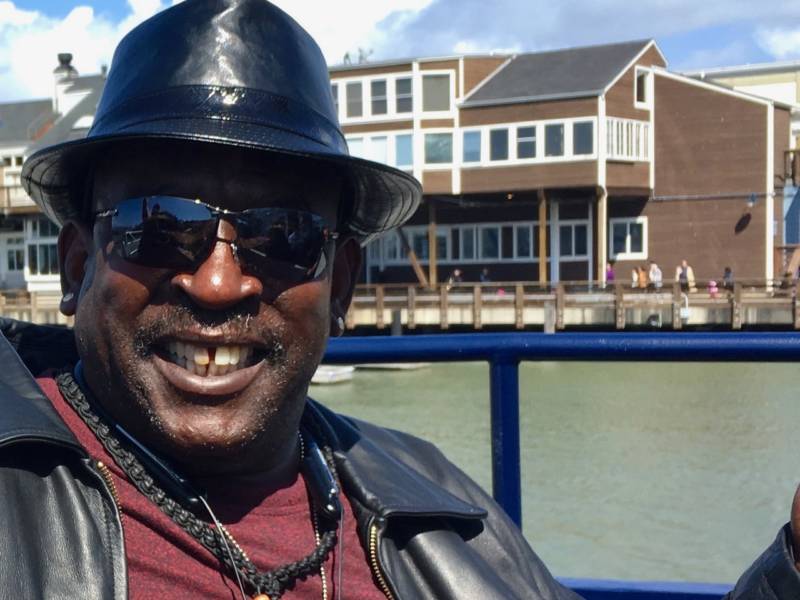Everyone says education is key to your success, a ticket to your future. But what happens if you take a test as a kid, and your school looks at the results and tells you that you’ll never amount to much?
To top it off, you’re put in classes that barely teach you any academics. That’s how special education used to work in California public schools.
Your fate pretty much came down to your IQ score. And if you were African American, you were more likely to score lower than other kids, and to wind up in dead-end classes.
Why?
That question was at the heart of a game-changing trial. And it led to a statewide ban on IQ testing of black students back in 1979.
The judge concluded the tests were culturally biased — they tested knowledge that white kids were more likely to be taught at school or at home. They didn’t test some innate capacity to learn. That ban on IQ testing of black students for placement in special education is still around. California is the only state that has a ban like that.
It’s named after a landmark case, known as Larry P. Forty years after that ruling, reporter Lee Romney tracked down the real Larry P.
It turns out, the man behind the case has plenty to teach us about what is still broken for black students in special education today.
